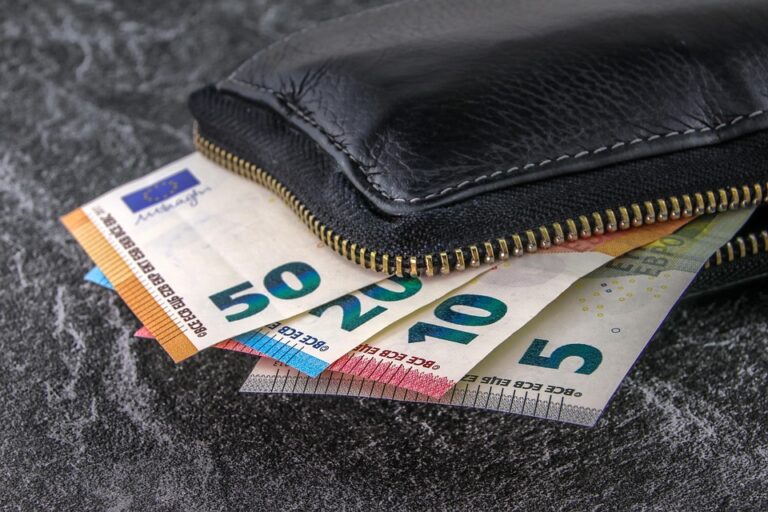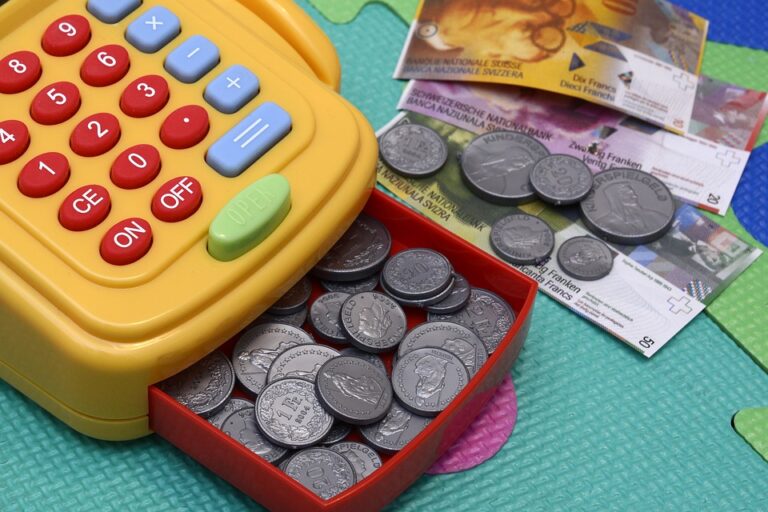Last updated Feb. 5, 2025 by Charles Zemub
When to Pay Credit Card Bills: A Comprehensive Guide
Credit cards offer convenience and flexibility for managing personal finances, allowing cardholders to make purchases and pay for them later. However, effective credit card management isn’t just about when you make purchases; it’s also critically tied to when you pay your bills. The timing of your credit card payments can significantly affect your credit score, interest rates, and overall financial health. This guide will explore the best strategies for determining the optimal times to pay your credit card bills.
Understanding Billing Cycles and Payment Due Dates
First, let’s delve into the mechanics of credit card billing cycles. Each credit card transaction falls within a billing cycle, typically lasting between 28 to 31 days. After the cycle ends, you receive a statement that details your transactions and the total amount owed, known as the statement balance. You then have a certain amount of time to pay this balance, known as the grace period, which usually lasts between 21 and 25 days. Your payment due date is the last day of the grace period.
Key Dates to Remember:
- Billing Cycle End Date: The date when the billing cycle finishes, followed by the issuance of a statement.
- Statement Date: The date when your statement is generated and made available to you.
- Payment Due Date: The deadline by which you should pay at least the minimum payment or full statement balance to avoid late fees and interest charges.
Why Payment Timing Matters
The timing of your credit card payments can affect several financial factors:
- Interest Charges: Paying the full statement balance by the due date is crucial to avoid interest charges. If you carry a balance from month to month, you’ll incur interest, which can quickly add up.
- Credit Score Impact: Your credit score is influenced by the credit utilization ratio, the percentage of your available credit that you are using. Lowering this ratio by making payments before your statement date can improve your credit score.
- Avoiding Late Fees: Missing the due date results in late fees and possibly a penalty interest rate applied to your credit card balance.
Optimal Times to Pay Your Bill
1. Paying by the Due Date
Paying by the due date is the minimum requirement to avoid late fees and interest on new purchases. To ensure timely payments:
- Set Reminders: Establish alerts or reminders a few days before the due date.
- Automatic Payments: Consider automating at least the minimum payment to ensure you never miss a payment.
2. Early Payments
Making payments prior to the due date offers several benefits:
- Better Cash Flow Management: Paying off the balance early can help with budgeting and avoiding large payments piling up.
- Interest Savings: While paying before the due date won’t reduce interest from past balances, it can prevent additional interest from accruing if you habitually pay early.
- Credit Utilization Improvement: Paying before the statement date might reduce the reported balance, thus improving your credit utilization ratio and eventually your credit score.
3. Multiple Payments Per Month
If you have the capacity, consider making multiple payments throughout the month:
- Lower Utilization Ratio: Frequent payments help maintain a low utilization ratio, positively impacting your credit score.
- Consistent Cash Flow: Regular smaller payments can help manage your cash flow more effectively than one large payment.
4. Consider The Closing Date
Some consumers prefer to pay off balances right before the statement closing date:
- Avoids Statement Balances: By clearing the balance before it closes, the statement reflects a zero balance, further improving credit utilization ratios.
Utilizing Technology for Efficient Payment Management
Leverage modern technology and financial apps to manage your payment schedules efficiently. Many banks offer mobile apps equipped with calendar alerts, auto-pay features, and expenditure tracking, simplifying bill payment processes and avoiding human error such as missed due dates.
Real-Life Scenario
Consider Jane, a credit card user who shifted her payment patterns. Initially, she paid her balance on the due date, missing out on optimizing her credit score. After setting up reminders and making multiple payments per month, she noticed reduced credit utilization and an improved credit score, facilitating lower interest rates on future credit.
✓ Short Answer
The optimal time to pay your credit card bill is by your statement’s due date to avoid interest charges and late fees. For improved credit scores, consider paying off balances before the statement date to reduce credit utilization, or make multiple payments throughout the month to consistently lower your balance. Utilizing automatic payments and alerts can ensure you stay on track with your payment schedule.
FAQs
Q1: What happens if I miss my credit card payment due date?
Missing a payment due date usually results in a late fee and possibly an increased APR. It may also negatively impact your credit score.
Q2: How can I set up automatic payments for my credit card bill?
Most credit card issuers provide the option to set up automatic payments through their online banking portal or mobile app. You can choose to pay the minimum, full statement balance, or another specified amount each month automatically.
Q3: Does paying only the minimum amount due affect my credit score negatively?
Paying only the minimum will maintain your account in good standing but can result in accruing interest on unpaid portions. High credit utilization due to unpaid balances can negatively impact credit scores.
Q4: Can I change my credit card bill due date?
Most credit card issuers allow you to change your payment due date once in a billing year, providing you flexibility to align with your income schedule.
Q5: Is there any benefit of paying credit card bills before the statement closing date?
Yes, paying before the closing date can lower the reported credit utilization ratio, potentially boosting your credit score as it would show a lower balance on your next statement.
By understanding these key elements and optimizing your credit card payment strategy, you can effectively manage your credit card debt, enhance your credit score, and maintain better control over your financial health.


